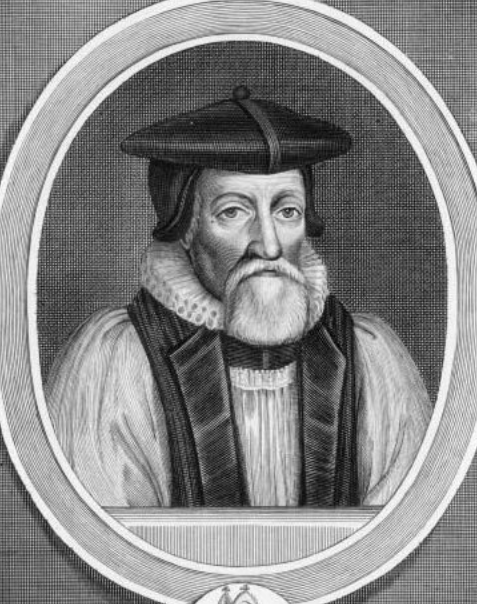The author, known as the “Lord of Misrule,” had the audacity to erect a maypole in Massachusetts, according to Matthew Taub of Atlas Obscura… Support our news coverage by subscribing to our Kindle Nation Daily Digest. Joining is free right now!

Apparently, Thomas Morton didn’t get the memo. The English businessman arrived in Massachusetts in 1624 with the Puritans, but he wasn’t exactly on board with the strict, insular, and pious society they had hoped to build for themselves. “He was very much a dandy and a playboy,” says William Heath, a retired professor from Mount Saint Mary’s University who has published extensively on the Puritans. Looking back, Morton and his neighbors were bound to butt heads sooner or later.
Within just a few short years, Morton established his own unrecognized offshoot of the Plymouth Colony, in what is now the town of Quincy, Massachusetts (the birthplace of presidents John Adams and John Quincy Adams). He revived forbidden old-world customs, faced off with a Puritian militia determined to quash his pagan festivals, and wound up in exile. He eventually sued and, like any savvy rabble-rouser should, got a book deal out of the whole affair. Published in 1637, his New English Canaan mounted a harsh and heretical critique of Puritan customs and power structures that went far beyond what most New English settlers could accept. So they banned it—making it likely the first book explicitly banned in what is now the United States. A first edition of Morton’s tell-all—which, among other things, compares the Puritan leadership to crustaceans—recently sold at auction at Christie’s for $60,000.
The Puritans’ move across the pond was motivated by both religion and commerce, but Morton was there only for the latter reason, as one of the owners of the Wollaston Company. He loved what he saw of his new surroundings, later writing that Massachusetts was the “masterpiece of nature.” His business partner—slave-owning Richard Wollaston—moved south to Virginia to expand the company’s business, but Morton was already deeply attached to the land, in a way his more religious neighbors likely couldn’t understand. “He was extremely responsive to the natural world and had very friendly relations with the Indians,” says Heath, while “the Puritans took the opposite stance: that the natural world was a howling wilderness, and the Indians were wild men that needed to be suppressed.”
Read full post on Atlas Obscura
